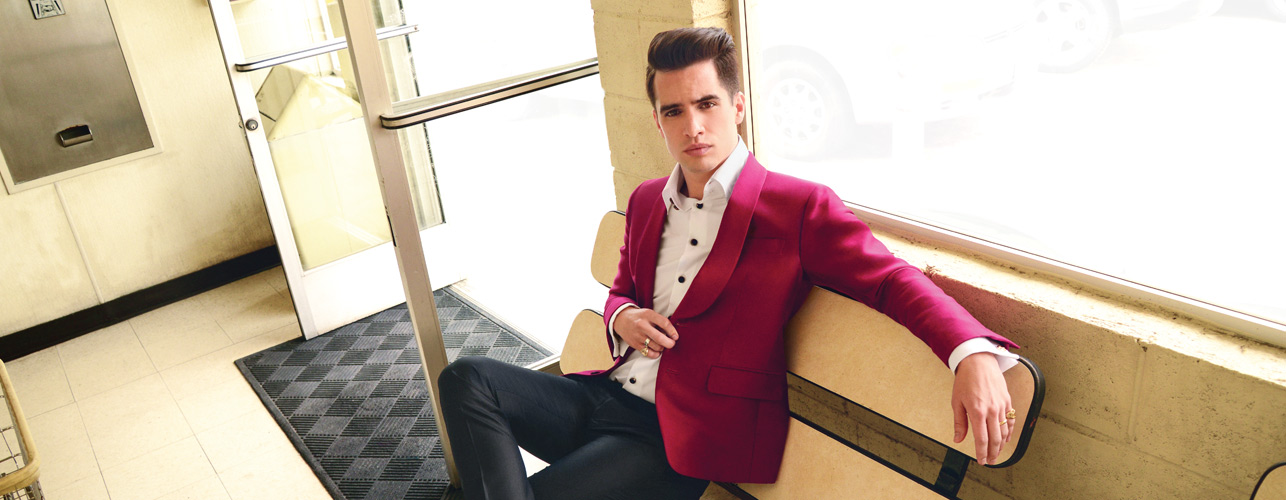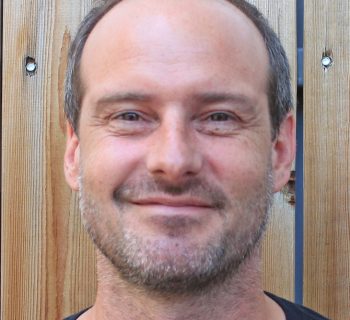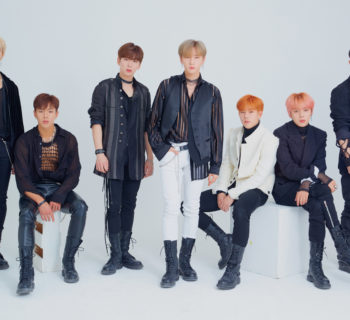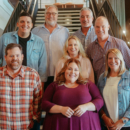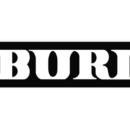The music industry has evolved beyond the simple concept of selling a song or an album. Today, A&R reps and label execs face a multitude of challenges that, if mishandled, could cost them their jobs. Consequently, savvy industry pros adopt methods that suit their label’s culture, and that affects the way they evaluate talent and make decisions. To give you some insight into the process each person uses to evaluate and sign an act to a label contract, we contacted A&R reps and executives at four record labels. You’ll learn about what makes their companies unique and what factors they consider before inking a deal. We think you’ll find the information they disclose both eye-opening and useful to your career.
 EPIC RECORDS
EPIC RECORDS
Eesean Bolden, VP A&R
Contact: @SeanDidThat
epicrecords.com
Eesean Bolden got into the music business 10 years ago and has been involved with A&R for almost five years. Bolden began his career at Capitol Records where he signed and worked with Mary Lambert (“Same Love,” “Watch Me”), Silento (“Nae Nae”) and hip-hop crunk girl group PTAF (“Bone Ass Bitch”). He recently moved to Epic (a division of Sony Music Entertainment) where the roster is even more diverse: Meghan Trainor, Andre 3000, Sara Bareilles, Ozzy Osbourne, Big Boi, Modest Mouse, Outkast, Airborne Toxic Event, Avril Lavigne and Mariah Carey.
You’ve worked at two different major labels—is your job any different?
Well, every company has a different system, but it’s pretty much the same gig. I try to find talented artists and help them fulfill their dreams by putting out a great product.
What gets the attention of record labels and A&R execs?
Really, it’s all about the music and the buzz on the street. That’s what gets our attention and directs us. It’s important to build a buzz. You should do what you have to do to get your music heard. If you believe in what you’re doing and have any talent, eventually you’ll get results. We also do research to find out who is doing what and get in touch with acts to see what’s up.
Should artists contact major label executives directly?
If I were an artist, I wouldn’t go after the major executives; I’d want them to come to me. You should use all your resources, let your music touch people and get a response out of them. Then build on that. Do those things and labels will come to you. When the buzz gets loud enough, we’ll check you out.
What important lessons should artists learn?
Artists should learn how to take constructive criticism and use it in the right way. They should enjoy the journey and understand that some decisions are made—or not made—due to timing. If they get passed on, they need to know that it’s not always about them or their music. Sometimes the time just isn’t right for the label or A&R rep to make a decision. And, artists should realize that luck is often part of the process.
What qualities do you look for in artists?
I like acts that are unique and have their own perspective. I like artists that are passionate and work hard on their careers. A good work ethic is important to me, because when you get signed to a major label you’re going to work one thousand times harder.
Would you develop an act?
It depends. Major labels generally prefer artists that have their act together and are pretty much developed. However, if I absolutely love what the artist is doing, I might take a chance and work with them.
How important is an act’s live performance?
It can make or break a deal. It’s important for artists to put in the work and become great performers. But, it’s not easy—with some artists it could take a while.
Is there a courting period before you offer an artist a deal?
It depends on the artist and their team. Sometimes it’s love at first sight. Mary Lambert was like that. Other times you want to make sure everyone can work together, and that could take some time.
One of your specialties is “A&R Research”—what is that?
A&R research involves finding and identifying opportunities that are happening in different areas of music. It’s important to know how people find new music and consume it. It also involves data analysis regarding new artists.
Do you search the Internet for new artists?
I like YouTube. I can gather a lot of information there. I also check out social media, but I’m not swayed by numbers. I look for engagement between an act and their fans. If that’s not there, the numbers mean nothing.
Are you looking for anything in particular?
I want to find great artists that create great music, of any genre. If they have the skills, I can help them reach their goals. But, they have to work at it too. Signing a record deal is like entering a partnership. Everybody must do their job and be involved to make it happen.
What would stop you from signing an act?
If an artist is lazy, it’s a total turn off. Additionally, if an artist doesn’t have a clear vision about who they are and what their music is about, I’ll look somewhere else.


